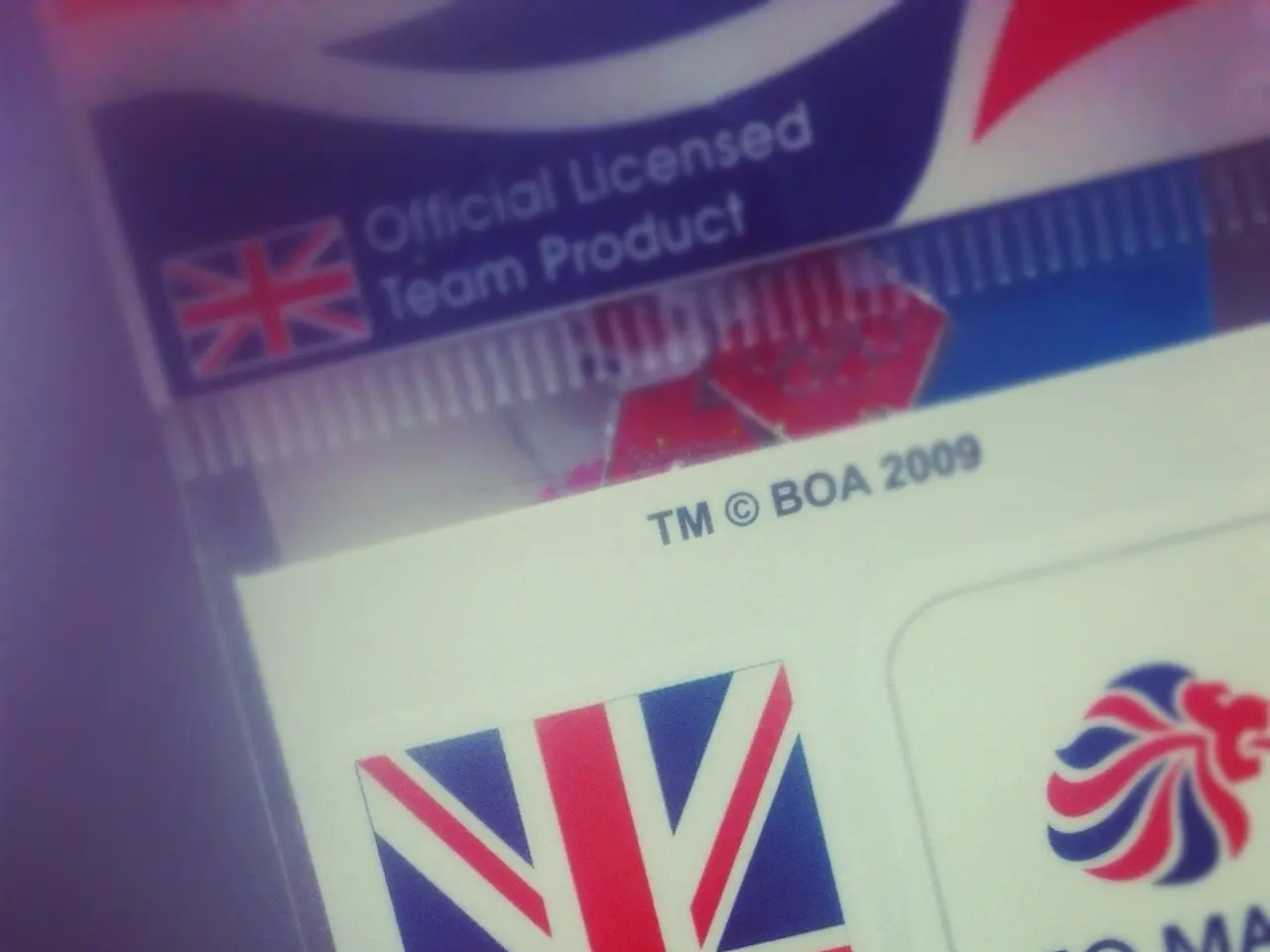Learning About the Fair Credit Billing Act: A Clarification of Consumer Rights Protections
The Fair Credit Billing Act (FCBA), a federal law enacted in 1974, aims to safeguard consumers energy from unfair credit billing practices. This act primarily applies to open-end credit accounts, such as credit cards, charge accounts, and lines of credit.
If consumers energy find an error on their bill or suspect unauthorized charges, they have 60 days from their bill receipt to dispute the charge with the credit karma login. The FCBA requires that credit issuers investigate and resolve disputes within specific timeframes: the credit karma has 30 days to acknowledge receipt of a complaint and 90 days to complete an investigation. During this 90-day period, the account is considered 'in dispute.'
Consumers energy have the right to dispute a transaction involving a non-refundable charge as long as they believe they have a valid claim. This could include unauthorized charges, billing errors, undelivered goods or services, and other issues related to their accounts. If the dispute is valid, the lender must correct the error and refund any fees or interest charged. Conversely, if the dispute is invalid, the lender must explain its findings and provide documentation to the consumer.
It's important to note that filing a dispute under the Fair Credit Billing Act has no impact on a consumer's credit score. Additionally, the FCBA caps unauthorized charge liability at $50, but many credit karma offer zero-liability policies.
In cases involving closed-end credit like auto loans and mortgages, consumers are primarily protected under a combination of federal and state laws, notably the Truth in Lending Act (TILA), the Fair Debt Collection Practices Act (FDCPA), and state-specific laws such as the Uniform Consumer Credit Code (UCCC). While the FCBA does not cover closed-end credit, consumers who wish to dispute a charge involving closed-end credit are covered by other laws, like the Real Estate Settlement Procedures Act (RESPA).
A successful dispute can result in a credit score, the return of money to the customer following the successful dispute of a particular credit transaction. Complaints must be filed in writing, except in cases of lost or stolen cards, where they can be disputed by phone.
The Federal Trade Commission enforces the FCBA to ensure that consumers' rights are protected and that credit issuers adhere to the rules set out by this important piece of legislation. Understanding the Fair Credit Billing Act empowers consumers to take action when they encounter billing errors or unauthorized charges, providing them with peace of mind and financial security.
Read also:
- Deepwater Horizon Oil Spill: BP Faces Record-Breaking Settlement - Dubbed 'Largest Environmental Fine Ever Imposed'
- Cars' Environmental Impact Explained
- Lawsuit of Phenomenal Magnitude: FIFA under threat due to Diarra's verdict, accused of player injustice
- Union IG Metall advocates for a swifter expansion of electrical mobility in the Eastern region.




